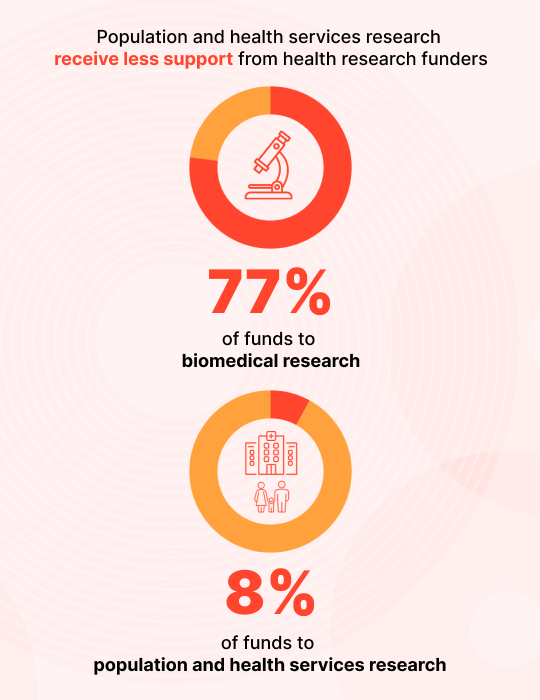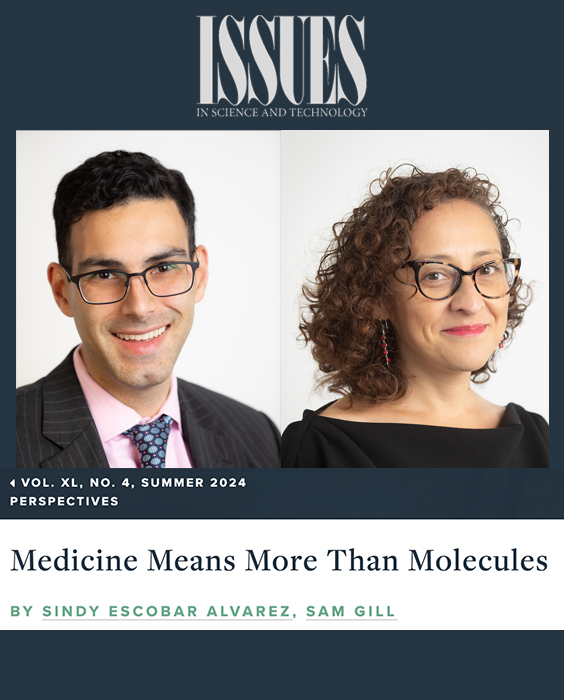Purpose
The Doris Duke Sickle Cell Disease/Advancing Cures award provides grants to advance curative approaches for sickle cell disease, including gene modification and drug therapies to restore hemoglobin function.
Rationale & History
Research over the past five decades has resulted in treatments for sickle cell disease that have decreased childhood mortality and improved patients’ disease management options. However, further efforts are needed to develop approaches that aim to attack the disease at its core by safely and sustainably restoring hemoglobin function. The Sickle Cell Disease/Advancing Cures award was created to harness promising scientific advances toward restoring hemoglobin function and enable their development into clinically feasible therapies and ultimately practical use.
In keeping with the wishes expressed in Doris Duke's will, experiments that use animals or primary tissues derived from animals are not supported by this program.
Award Details
This award aims to support clinical research that will:
- Advance gene therapies for sickle cell disease into the clinic, including gene addition and genome editing.
- Build on globin regulatory mechanisms to restore red blood cell function.
- Advance bone marrow transplant approaches to minimize toxicities and improve outcomes.
Annual direct cost for supported projects range from $150,000-$300,000 plus 10% indirect costs for each of three years. The Sickle Cell Disease/Advancing Cures program is not currently accepting applications.


